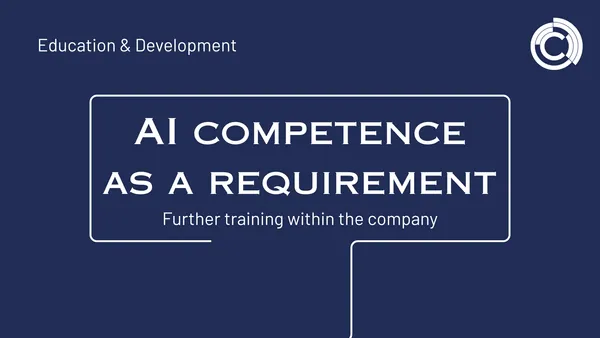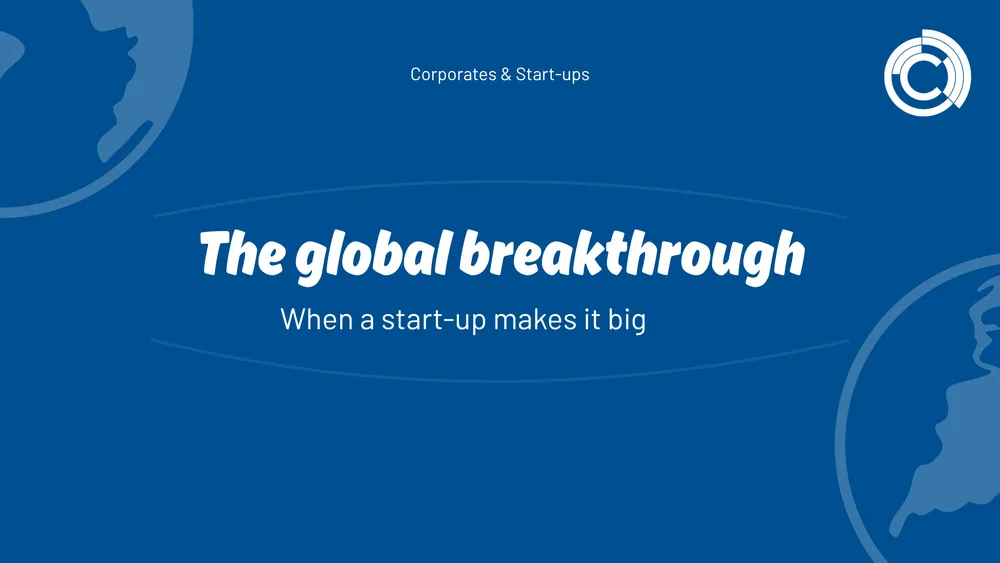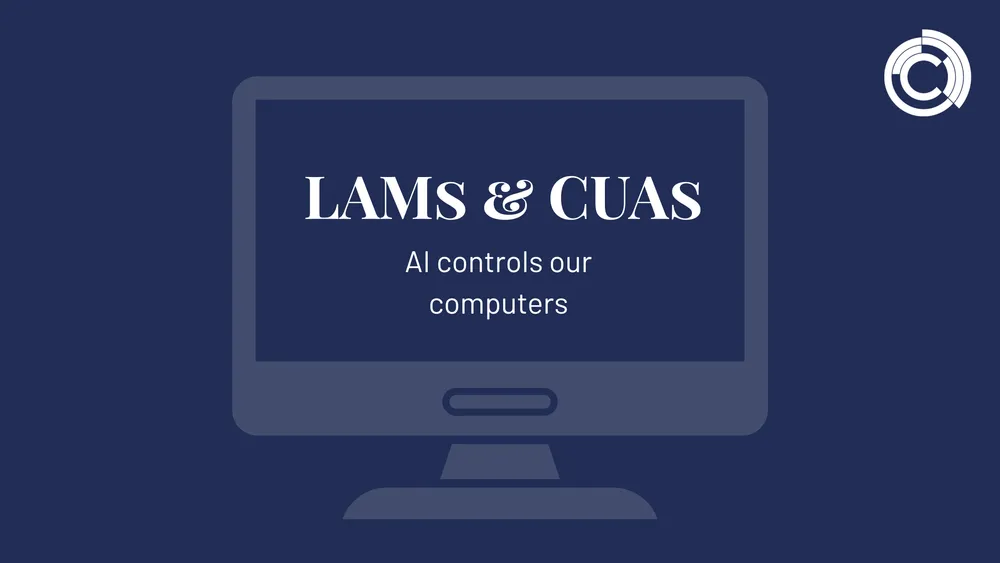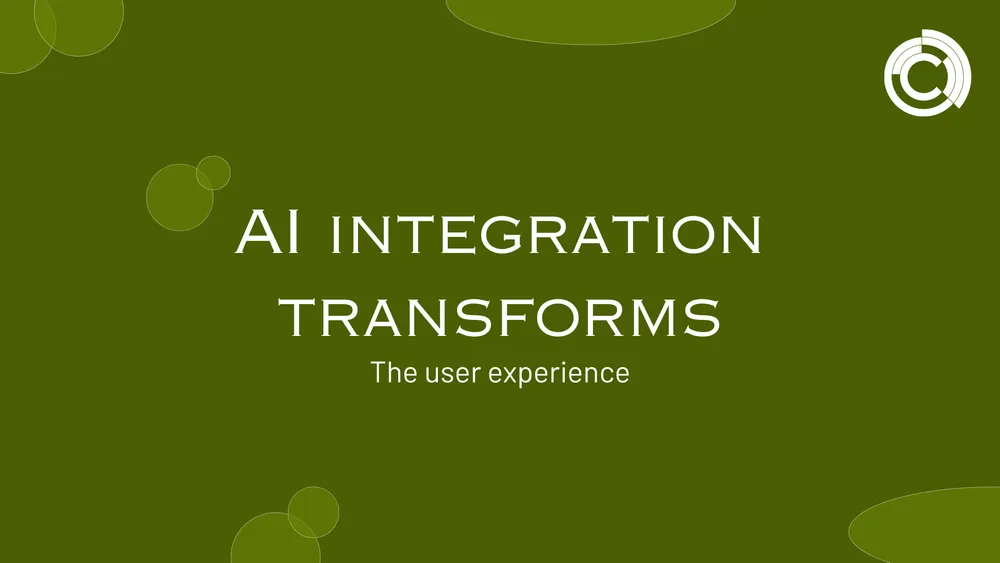
CCNet
Sep 10, 2025 • 2 min read

AI Competence as a requirement: Further training within the company
AI skills as a requirement – continuing education in companies
Artificial intelligence is changing the business world at a rapid pace. New tools are emerging almost daily, processes are being automated, and entire business models are being rethought. For companies, this means that technology alone is not enough. The decisive factor for success is the ability of employees to use AI responsibly and productively. Continuing education has therefore become a requirement rather than an option since 2025 at the latest.
Why continuing education is essential
The use of AI brings opportunities – but only if employees understand how to use them. Studies show that over 70% of companies want to train their teams in the use of AI. The reason is clear: a lack of expertise slows down digitalization.
• Employees without training use AI tools uncertainly or not at all.
• Incorrect use can lead to flawed decisions.
• Without an understanding of the risks, data protection and compliance problems are likely to arise.
For management, this means that investments in AI only make sense if they are accompanied by investments in training and knowledge building.
The EU AI Act as an additional driver
The European AI Regulation (also known as the EU AI Act) is intensifying this trend. Since February 2025, companies have been required to ensure that employees understand the risks and potential applications of AI. This makes continuing education not only a competitive advantage, but also a regulatory necessity. Those who fail to act in this area risk not only efficiency losses, but also legal consequences.
Success factors for AI training
For training to be effective, companies must observe a few basic principles:
• Practical orientation instead of theory
Employees must learn to use AI tools directly in their everyday work.
• Role-specific content
A developer needs different skills than someone in sales or customer service.
• Continuous learning
AI is developing so rapidly that training cannot be a one-time measure.
• Combination of technology and ethics
In addition to operating tools, it is crucial to understand ethical issues and legal frameworks.
Specific areas of application
Companies that invest in training report measurable success:
• Sales increases efficiency when teams use AI to analyze customer data.
• HR departments benefit from AI-supported recruiting tools when employees can use them confidently.
• Research & development accelerates innovation when engineers use AI for simulations and analyses.
The lesson here is that continuing education brings not only knowledge but also concrete business advantages.
Opportunities for management
For managers, continuing education is not an HR task, it is a strategic investment. It helps to:
• cushion the shortage of skilled workers,
• increase innovative strength,
• meet regulatory requirements,
• and make the corporate culture fit for the future.
Conclusion: Education is the key to AI transformation
The introduction of AI is not purely a technology project – it is a transformation process for people and organizations. Systematically training employees lays the foundation for successful digitalization.
AI competence is not a luxury, it is a necessity and the basis for using the technology. Companies that recognize this early on secure a competitive advantage and lay the foundation for long-term stability in a technology-driven world.
FAQ
Why is continuing education becoming mandatory?
Because a lack of knowledge slows down digitalization and creates compliance risks.
What role does the AI Act play?
It obliges companies to train their employees.
How should continuing education be structured?
Practical, role-specific, continuous, and with a focus on ethics.
Which areas benefit from trained AI expertise?
Sales, HR, research & development.
How does continuing education benefit management?
It increases innovative strength, reduces risks, and strengthens corporate culture.


